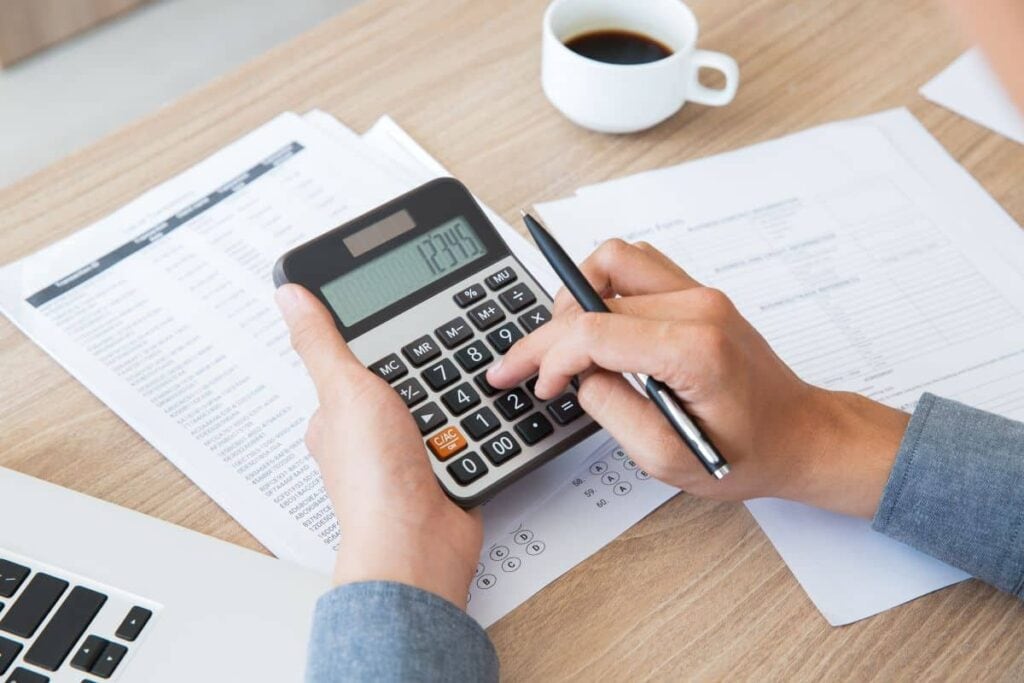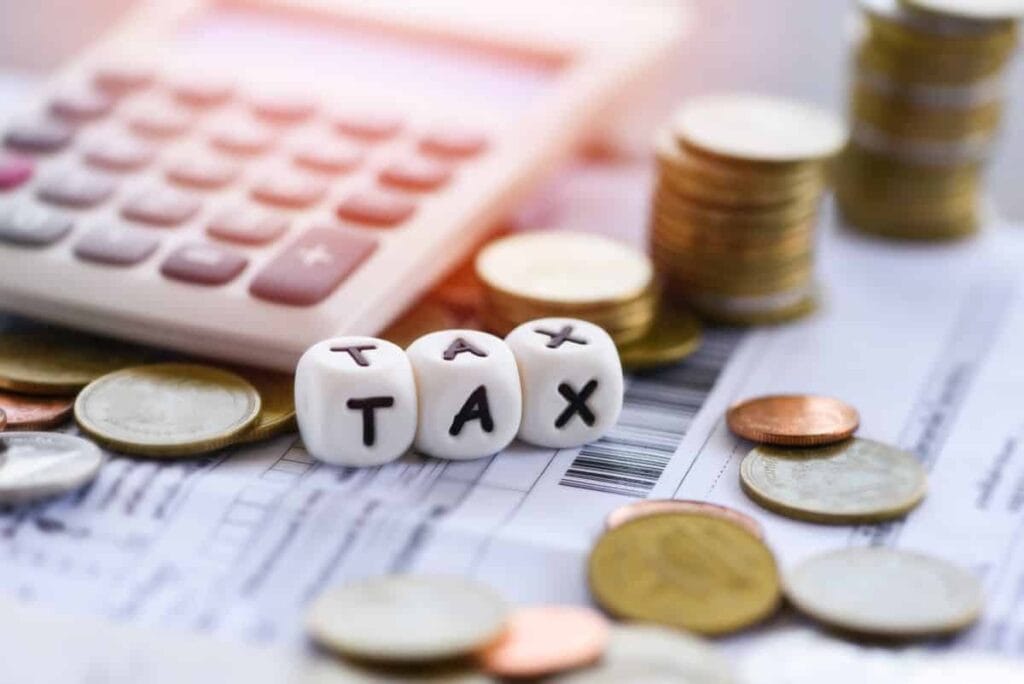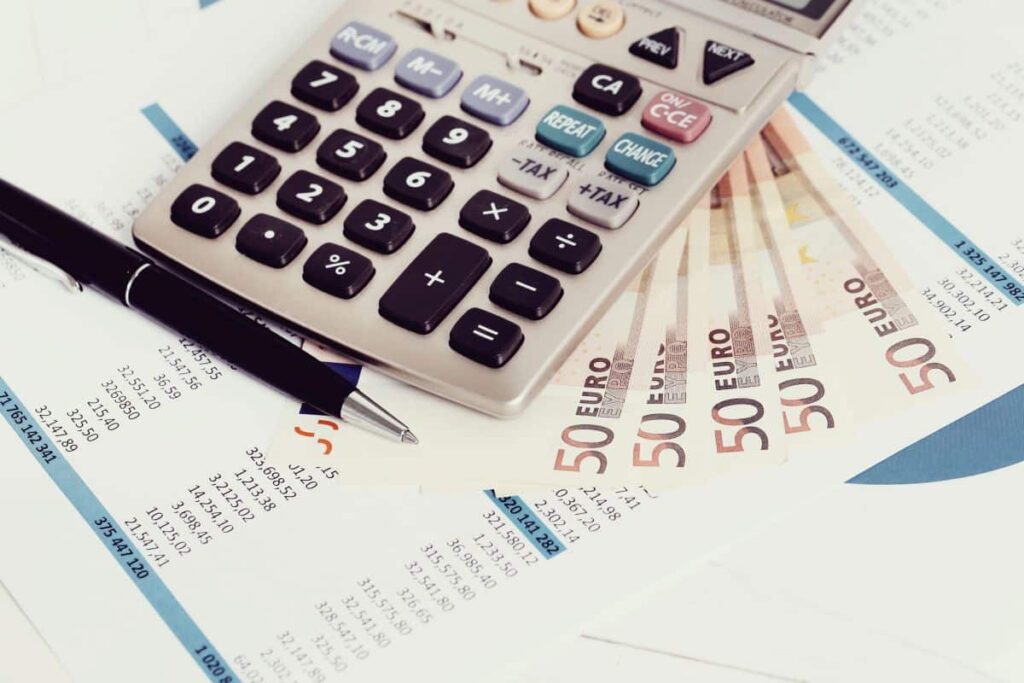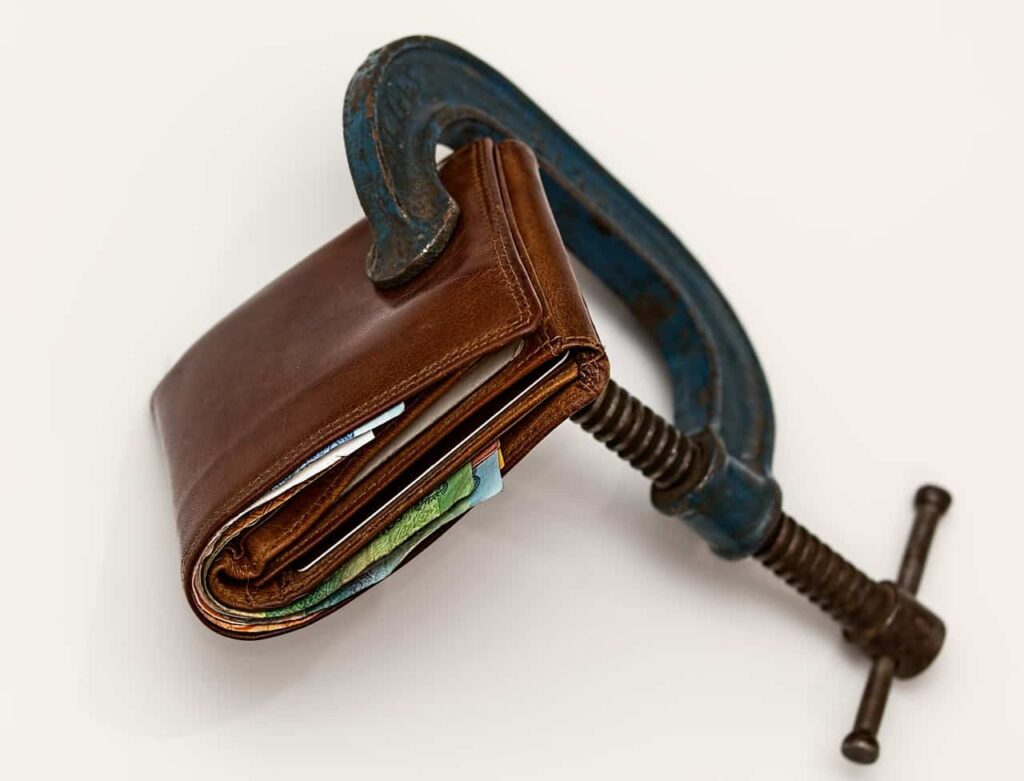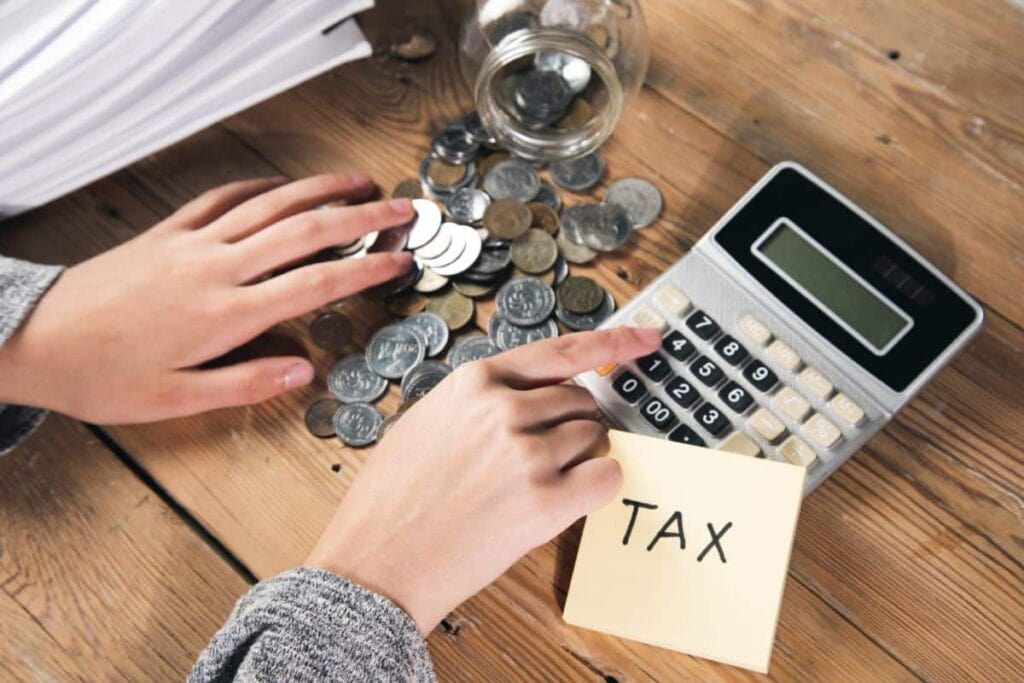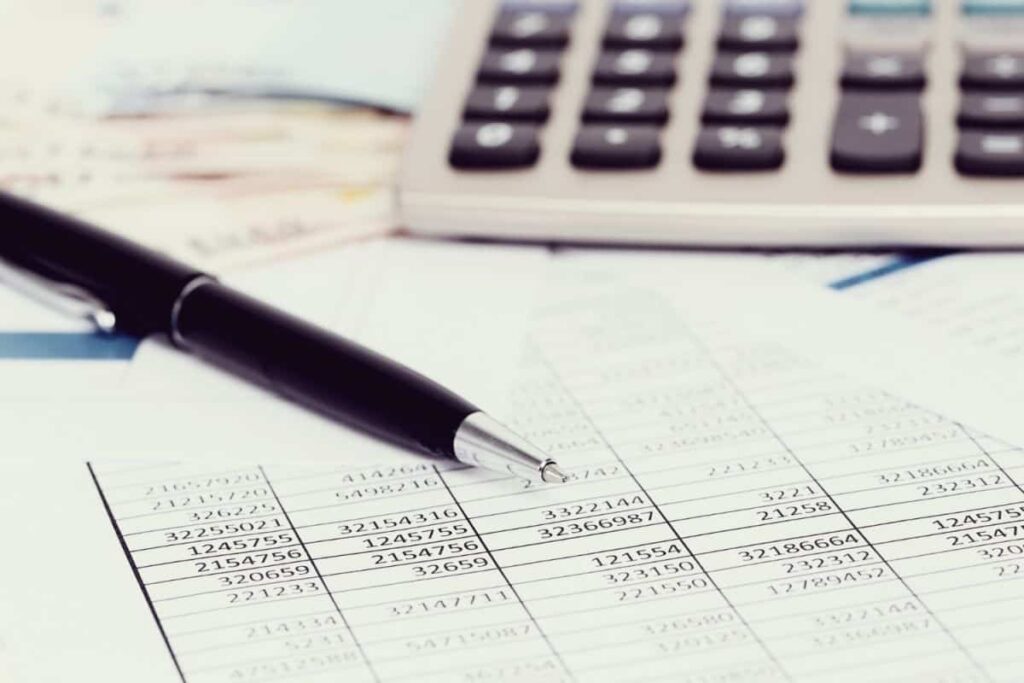Tips To Tackle Tax Time
Are you one of the millions of people living in the United States who dread tax season? Don’t worry if you’re feeling overwhelmed and clueless about where to start because you’re not the only one in this boat. If you follow these suggestions, filing your taxes won’t be nearly as stressful this year. You can make the process of filing your taxes a breeze with little organization and preparation on your part. Therefore, compile all of the necessary paperwork and get started!
The number of daylight hours is decreasing, and the colour of the leaves is beginning to change, which can only mean one thing: the approaching tax season! If you’re like the majority of individuals, dealing with paperwork and figures is definitely something you despise doing. However, you shouldn’t panic since we have some suggestions that will make filing your taxes a bit less intimidating.
If you file your taxes on time each year, you can avoid incurring expensive fines and interest charges. The following are some suggestions that will make the procedure simpler for you. To begin, check that you have all of the required paperwork, ensure that your taxes are appropriately calculated, and, if necessary, work with a qualified tax preparer. Second, before you send in your tax return, make sure that you are aware of the many sorts of tax deductions that are available to you and that you have double-checked everything to ensure that it is accurate.
Advice to Help You Get Ready for Tax Season
You can get ready for the new fiscal year by doing things like making contributions to your superannuation account, prepaying your bills, and reviewing your goals for saving money, creating a budget, and investing your money.
Increase the amount of your deductible contributions to your retirement plan
It’s possible that now is the best moment for you to start making contributions to your superannuation, whether they’re further personal concessional payments or employee salary sacrifice contributions. Contributing such an additional amount could help you decrease your overall tax liability, in addition to adding to your retirement savings account.
You are eligible to take a deduction on your taxes for personal contributions if you are younger than 75 years old. It is important to note that these contributions are subject to the concessional contributions cap, which is managed by the Australian Taxation Office (ATO), as well as certain additional requirements for those who are between the ages of 70 and 74. (inclusive).
Prepay Expenses
You may be able to claim a tax deduction for some expenses in the same year that you paid the charge if you prepay tax-deductible spending for the following fiscal year. This is done by paying for those expenses using pretax dollars. Please consult the ATO for any additional information you require concerning expenses that have been pre-paid.
Take Responsible Care for Your Investments
If you are considering selling any investments, such as shares or managed funds, the timing of the sale can have a major impact on the amount of tax that you might be required to pay in any given year.
This is due to the fact that any gain on your investment is considered taxable income. Furthermore, the size of the gain may cause you to be placed in a higher tax bracket than you were previously.
If, on the other hand, you intend to sell a non-performing investment, you should do so before the 30th of June in order to increase the likelihood that you will be able to apply any capital loss to offset the tax liability associated with any other capital gains.
Think About Signing Up for a Private Health Insurance Plan
For any portion of the fiscal year during which they did not have appropriate private patient hospital cover, individuals and families with incomes that are above a certain threshold may be required to pay the Medicare levy surcharge, also known as the MLS. This is the case if the threshold was exceeded. In addition to the two percent Medicare levy, the MLS must also be paid.
However, if you and your family sign up for an adequate amount of hospital coverage through a health fund that is recognized, you won’t have to pay the additional fee.
Create a plan for your savings
Establishing a savings plan can be an effective way to foster positive behaviours and give you a sense of control over the process of amassing the resources you might require in the future to maintain the standard of living you envision for yourself.
Think about establishing a regular transfer into an investment that takes place immediately after you receive your salary – that is before you spend any of your income. This would be done before you spent any of your money.
This so-called “investment” could, for instance, take the form of a high-interest savings account that enables you to take advantage of the power of compound interest.
Alternately, if you have a mortgage, this could entail placing additional money into an offset account. Doing so will result in a reduction in the amount of interest that you are responsible for paying on your loan.
Don’t Put Off Budgeting

Creating a budget does not have to include a complicated collection of spreadsheets. You should be able to compare all of your usual expenses, such as payments for your rent or mortgage, insurance, and an estimate of how much you spend on groceries and gasoline each week, to the amount that you earn in a span of fifteen minutes.
It is possible that it will not be correct one hundred percent of the time, but it will provide a solid overall picture of how much money is coming in and how much money is going out, as well as how much money you should be able to save.
Tackle Your Debt
If you have any personal debt, paying it off and resolving not to accrue any further debt in the new fiscal year could be an essential resolve for you to make. For instance, one method could consist of consolidating your debt and making a firm commitment to paying it off within a specified amount of time.
If you already have a mortgage, raising the amount that you pay back each month as well as the frequency with which you pay it can be beneficial and, in effect, give you a risk-free return on your investment by allowing you to save a large amount of money on interest payments.
How to Get Ready, File, and Get the Most Out of Your Tax Return
Because tax season is drawing near, you might be interested in the following deduction suggestions, which could potentially assist in increasing the amount of money that is refunded to you.
Your tax return may be impacted by a variety of factors, such as your sources of income from employment, investments, and government aid, such as any JobSeeker payments you may have received during the fiscal year.
Whether or not you have work-related expenses, such as those incurred from travel, equipment, clothing, or what you may have spent if you had been working from home, is another element that may play a role. Other considerations may also come into play.
The following is a brief review of some of the items you might want to think about when preparing, filing, and hopefully optimizing your tax return for the current fiscal year’s conclusion.
Who Is Required To Compile And File An Income Tax Return?
There are going to be certain individuals who won’t be required to submit a tax return. People with lower levels of income and certain older people in Australia are typically included in this category.
Those who are required to file a tax return are often those who have reached specified income thresholds or who have earned particular sorts of income.
The online quiz provided by the Australian Taxation Office (ATO) can assist you in determining whether or not you are required to submit a tax return.
What Kinds Of Documents Must Be Submitted Along With Your Tax Return?
When you’re ready to submit your tax return, some of the things you’ll need to have on hand include, but aren’t necessarily limited to the following:
- Your social security number;
- Your bank account information, so that the ATO is aware of where to deposit any potential refund that you are entitled to receive;
- Any summaries or statements of income that have been provided to you by your employers;
- Information pertaining to aid and relief programs about payments from Centrelink (Services Australia);
- Particulars concerning any additional sources of revenue, such as businesses, properties, investments, or shareholdings;
- statements or receipts for the charges that you are claiming as deductions on your tax return;
- Any information you may have regarding a private health insurance plan;
- if you have made any charitable donations, the receipts for those donations.
Note that if you file your tax return by yourself using myTax, which is accessible through the myGov website and the ATO app, the vast majority of the information required from your employers, banks, government agencies, health funds, and other third parties will generally be pre-filled for you by the end of July.
Put all of your documents in one convenient location
The more organized you are, the less stressful the procedure will be for you, and the greater the likelihood that you will maximize the amount of deductions available to you. You won’t be able to get the most out of your costs unless you keep detailed records and keep all of your receipts. Make sure that you gather all of your documentation in an one location so that you can prevent unnecessary back and forth with your accountant.
Even though each person’s circumstance is different, as a general rule, the following documents should be obtained before you begin:
- a copy of the tax return from the previous year;
- documents relating to the purchase and sale of any shares, businesses, or properties;
- Information pertaining to private health insurance;
- Spouse details (if relevant);
- information about the children, including their dates of birth;
- a complete listing of all income, including income statements, income from rentals, interest, and dividends, as well as any income from other countries;
- Make a list of all of your expenses, including those associated with your job, any gifts you made, any money spent on furthering your education, and any money spent on handling your taxes.
You or your accountant may be able to get some of this information from the ATO. Examples of this type of information include income statements, details regarding payments made by Centrelink, and information about private health insurance.
Aside from refunds, the ATO is tightening down on questionable deductions, which means that if you intend to claim it, you need to be able to verify that you are entitled to it.
When you file your tax return, what kinds of tax deductions are you eligible to claim?
The majority of tax deductions will be tied to one’s employment. However, a work-related item will only be deducted if you weren’t reimbursed by your employer, it directly ties to you making an income, and you have a record of the expense, such as a receipt (unless the amount you’re claiming is $300 or less, in some situations).
Expenses that can be deducted from taxes due to employment include:
- Expenses related to vehicles and travel;
- Uniforms, in addition to specialized occupational apparel and protective work attire, including footwear;
- Expenses associated with working from home, such as those for energy, the phone, and the internet. Note that a simplified approach to claiming these deductions will be available once again this year (more information regarding this topic can be found below);
- Expenses connected to your employment that are directly related to your education, such as tuition, textbooks, dues, and subscriptions;
- Tools and equipment, such as sunscreen and sunglasses if you work outside, or a laptop computer and the applicable software if you work in an office or at home. Tools and equipment, such as sunscreen and sunglasses if you work outside.
Check out the ATO’s profession and industry-specific deduction guides if you want further information on deductible items that are connected to your particular line of work.
In the meantime, if you utilize your expenses for both work and personal reasons, the only component of your expenses that you can deduct is the portion that is related to work. This could, for example, be fifty percent of the cost of your phone and internet bundle.
Another scenario in which you wouldn’t be able to deduct your entire trip as a business expense is one in which you travel on a business-related trip out of state, such as to a conference or a study session, but you also take a vacation during that time.
Additional deductions that you might be eligible to claim are including the following:
- Certain personal super donations if you’ve made any;
- Interest, dividends, and any other costs associated with the investment;
- gifts and donations made to beneficiaries who qualify for a tax deduction, such as charity;
- If you used a tax preparer, the fee for your return from the previous year.
Check out the myDeductions function that’s available in the ATO app if you’re having problems maintaining the proper organization of all of your receipts.
This enables you to save a record of your deductions during the course of the fiscal year, which you can afterwards upload when it comes time to submit your return.
When it comes to filing a claim, what are my different options?
The first thing you need to do is find out what you are eligible to claim. Learning the process by which you can make a claim is the next important step to take. You can organize it in a number of different ways, including the following:
Send your tax return to the ATO using their services
Filing can be done online through the myTax portal. If filing your taxes online isn’t your thing, you also have the option of using a paper form.
Utilize the services of a tax accountant online
A speedy search on Google will provide you with numerous options of accounting firms from which to select. However, if you aren’t sure how to discover the correct accountant for you, comparison sites like Canstar Blue have compared tax agents based on characteristics such as the convenience of application and value for money. You can use these sites if you aren’t sure how to find the ideal accountant for you.
Make an appointment with your community’s licensed tax professional as soon as possible
You can meet in person with a registered tax agent, who can then prepare and file a tax return on your behalf if you would rather handle business in this manner.
List All Work-Related Expenses

Whether you work as a chef, a carpenter, or a copywriter, every job has a list of tax deductions that are unique to that profession. There is a good chance that you can get reimbursement for some of the costs associated with your place of employment. These might include things like car expenditures, uniform costs, mobile phone bills, and even union dues. Think about any items you’ve bought that are related to your employment or that help you perform your duties more effectively. It could be equipment that you use on the job, or it could be a membership to a newspaper that is specific to your sector. If the item is closely related to your job but your employer did not reimburse you for it, you may be able to write it off as a business expense.
Determine the method that you will use to file your tax return
When you have finished collecting all of your information, the next step is to think about how you will submit your tax return. If you want to submit your tax return online, you can do so on your own with the help of our Online Tax Express Return software. We will provide you with tax guidance and suggestions at various points throughout the preparation process to ensure that you collect the most money possible from your refund.
Choose our Online Tax Adviser service if you anticipate that your tax return will be somewhat challenging or if you believe that you will require additional input from a tax professional. Comparable in speed, simplicity, and adaptability to our Online Tax Express service, with the added benefit of having our tax professionals handle all of the laborious work on your behalf. With Online Tax Adviser, all you need to do to get your returns prepared is upload your personal information and tax documents, and we will do the rest, including maximizing your refund and submitting everything through our user-friendly and protected online portal.
Additional Information Regarding Your Work-From-Home Tax Deductions for the Current Year
The Australian Taxation Office (ATO) has stated that a “shortcut” approach will once again be available as an option for determining applicable tax deductions for individuals who have worked from home during the current or previous financial year (1 July 2020 to 30 June 2021)
This implies that rather than making calculations for specific things, you can claim 80 cents for each hour that you worked from home to cover any qualifying tax deductions (it is important to note that you may require verification such as a timesheet), and this can be done in place of the calculations.
Because the shortcut is considered to be “all-inclusive,” it is not possible for you to claim the shortcut and subsequently claim for specific costs, such as phone and internet bundles. Nevertheless, you still have the option to make a claim in accordance with the protocols that are now in place.
In addition to the simplified approach, you can also utilize the real cost technique, the fixed-rate method (which gives you a deduction of 52 cents for every hour that you work from home), or the standard mileage rate method. If you are thinking of using an existing approach, you should check out the home office expenses page on the ATO website for more information, since additional research might be necessary.
Should You File Your Tax Return Yourself Or Should You Work With A Tax Professional?
You have the option of self-filing your tax return through MyTax, which is available through the myGov website and the ATO app; completing a paper tax return; or engaging the services of a registered tax agent to do it for you, which will result in a fee that is typically tax-deductible. All of these options are available at no cost to you.
Submitting your tax return on your own accord
You ought to file your own tax return by October 31st, and if your financial situation isn’t overly complicated, you should give serious consideration to doing so. As was just said, by the end of July, a significant amount of information will also be pre-filled for you.
Using the services of a tax agent who is registered
It is crucial to keep in mind that you will be required to pay a fee for the service of a registered tax agent in the event that you decide to employ their assistance in preparing and submitting your tax return; however, in most cases, this fee will be deductible in the subsequent tax year.
Take heed, and check to see that the Tax Practitioners Board has accepted the registration of your chosen tax agent (TPB).
By accessing the TPB website, you will be able to locate a tax agent who is registered with the TPB as well as verify the registration status of an individual.
If your financial situation is more complicated, working with a tax professional could give you with a sense of relief because it could save you time, bring to your attention deductions that you were unaware of, and ensure that all of your claims are in accordance with the law.
On top of that, the majority of licensed tax agents participate in a special program that allows them to lodge returns for their clients after the normal deadline of October 31. However, you will need to get in touch with them first in order to take advantage of this program.

